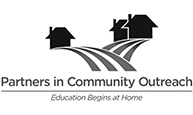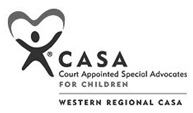Social and Emotional Development of Children
Family and child interactions that help children develop the ability to communicate clearly, recognize and regulate their emotions and establish and maintain relationships.
Core Meaning
Regarding the parent:
- Having a positive parental mood
- Having positive perceptions of and responsiveness to one’s child
- Responding warmly and consistently to a child’s needs
- Being satisfied in one’s parental role
- Fostering a strong and secure parent-child relationship
- Creating an environment in which children feel safe to express their emotions
- Being emotionally responsive to children and modeling empathy
- Talking with one’s child to promote vocabulary development and language learning
- Setting clear expectations and limits
- Separating emotions from actions
- Encouraging and reinforcing social skills such as greeting others and taking turns
- Creating opportunities for children to solve problems
Regarding the child:
- Developing and engaging in self-regulating behaviors
- Interacting positively with others
- Using words and language skills
- Communicating emotions effectively







